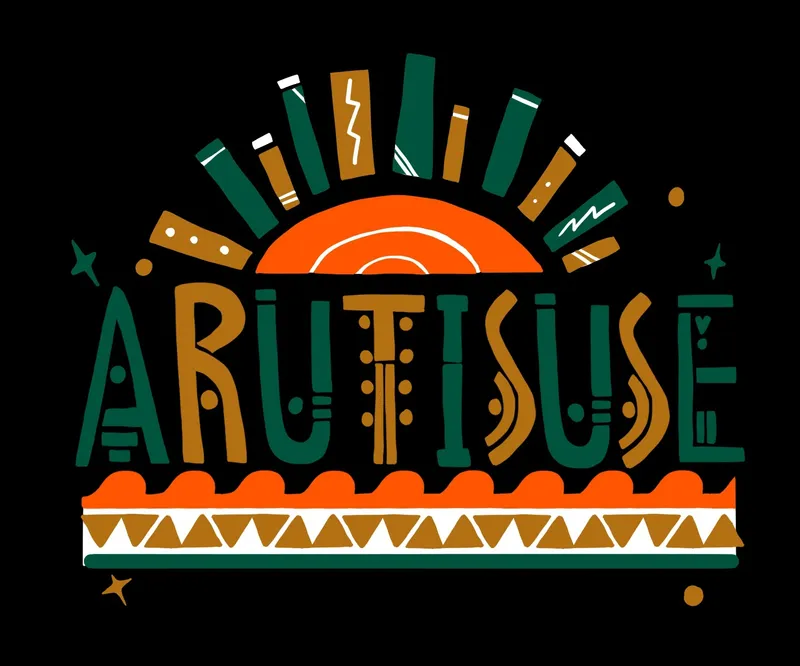THE NEW FBA HOLIDAY: ARUTISUSE
During the antebellum slavery period in America, many Foundational Black Americans would cleverly plot and execute their escape from bondage around the Christmas season.
These enslaved freedom warriors understood that slave owners would be more preoccupied with holiday festivities during this time of year. Also, enslaved Foundational Black Americans were allowed more access to visit family and friends on other plantations during this season as well.
The rebel warriors used these relaxed policies as an opportunity to rise to freedom.
Another celebration that was prevalent among enslaved people in the Americas was a parade called Junkanoo. Foundational Black Americans engaged in these activities around Christmas time, where they would parade around to different plantations playing multiple instruments, while dressed in outrageous costumes. They would often dress in costumes that mocked the white slave owners. Some believe the Junkanoo celebrations were often used as distractions to divert attention away from the enslaved people who were trying to escape to freedom.
Arutisuse or Arise Day will be celebrated every year on December 24th. On this day, Foundational Black Americans should gift another person a book that will lift the consciousness of that person. This will pay homage to the Foundational Black American ancestors who risked their lives learning how to read and teaching others how to read.
Understanding this history will help us step into each new year with a sense of empowerment and we will make that empowerment part of our tradition and culture.

Arutisuse ( pronounced Ah-rut-tee-SUE-see) is a holiday that celebrates the Foundational Black American culture of freedom fighting and resistance.
December 24
